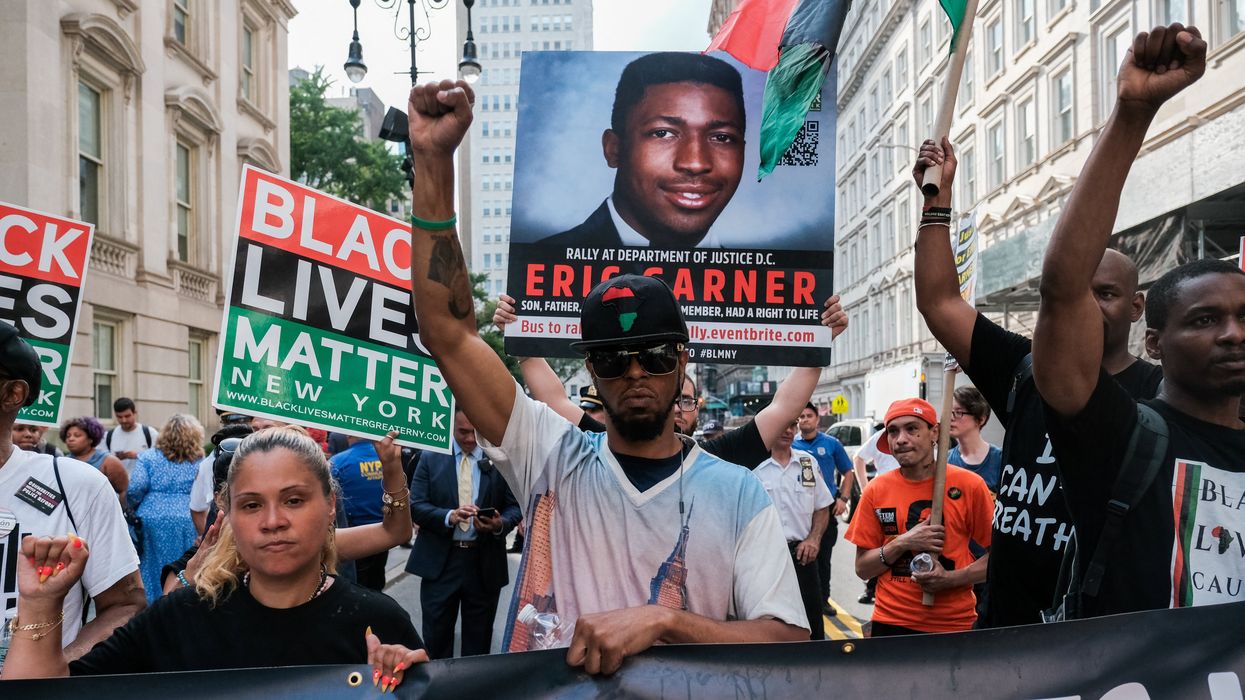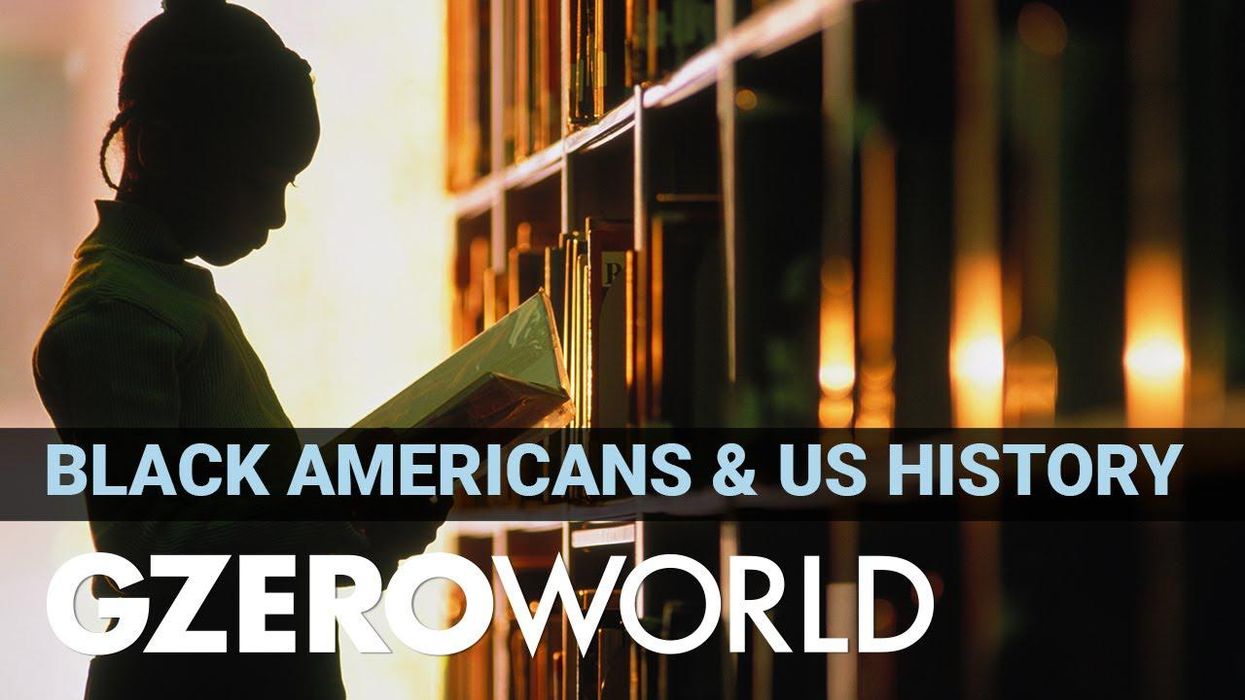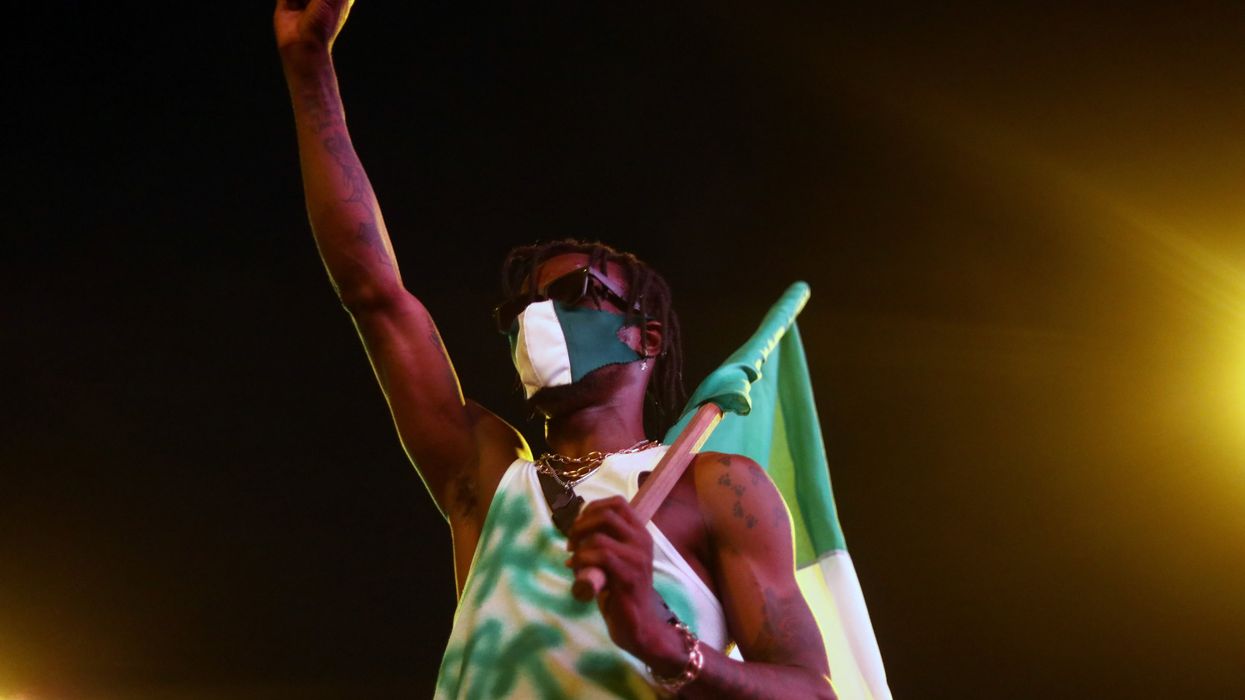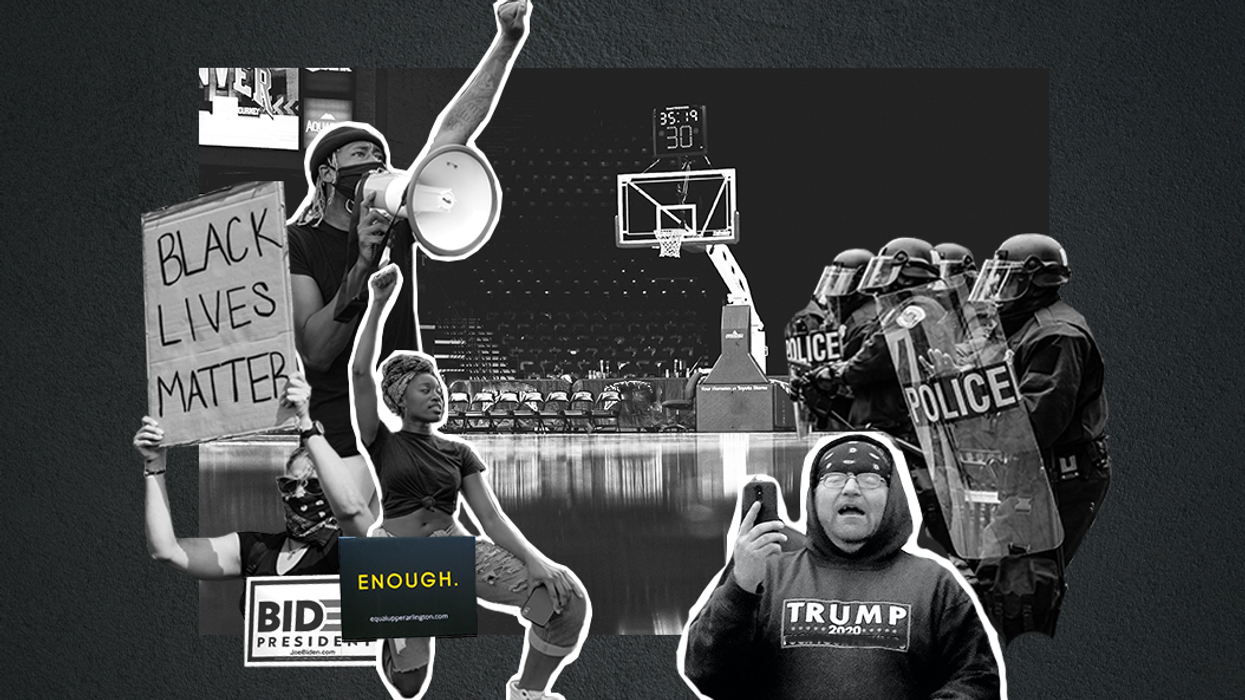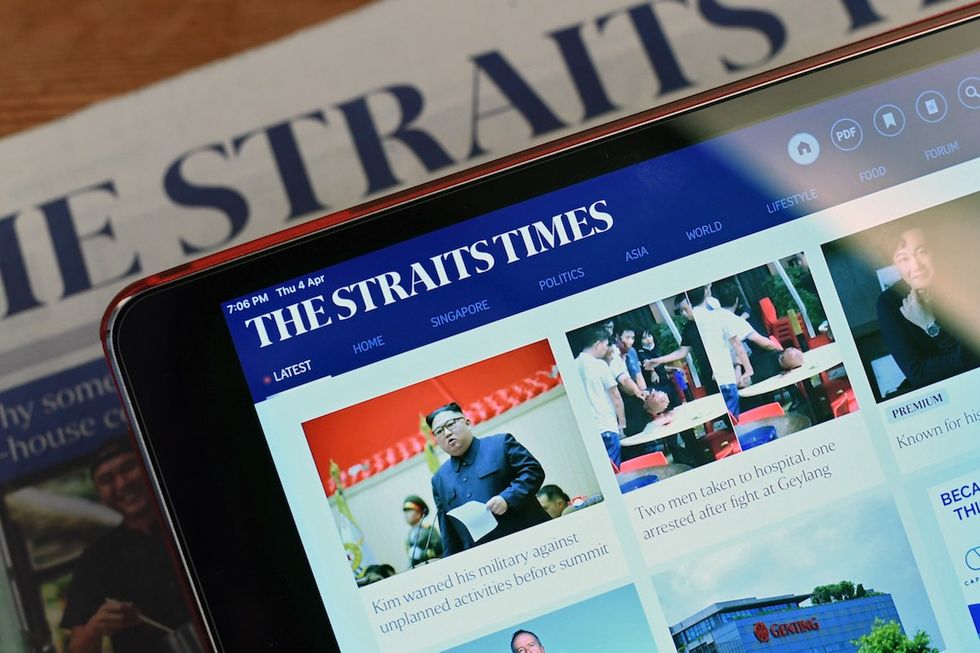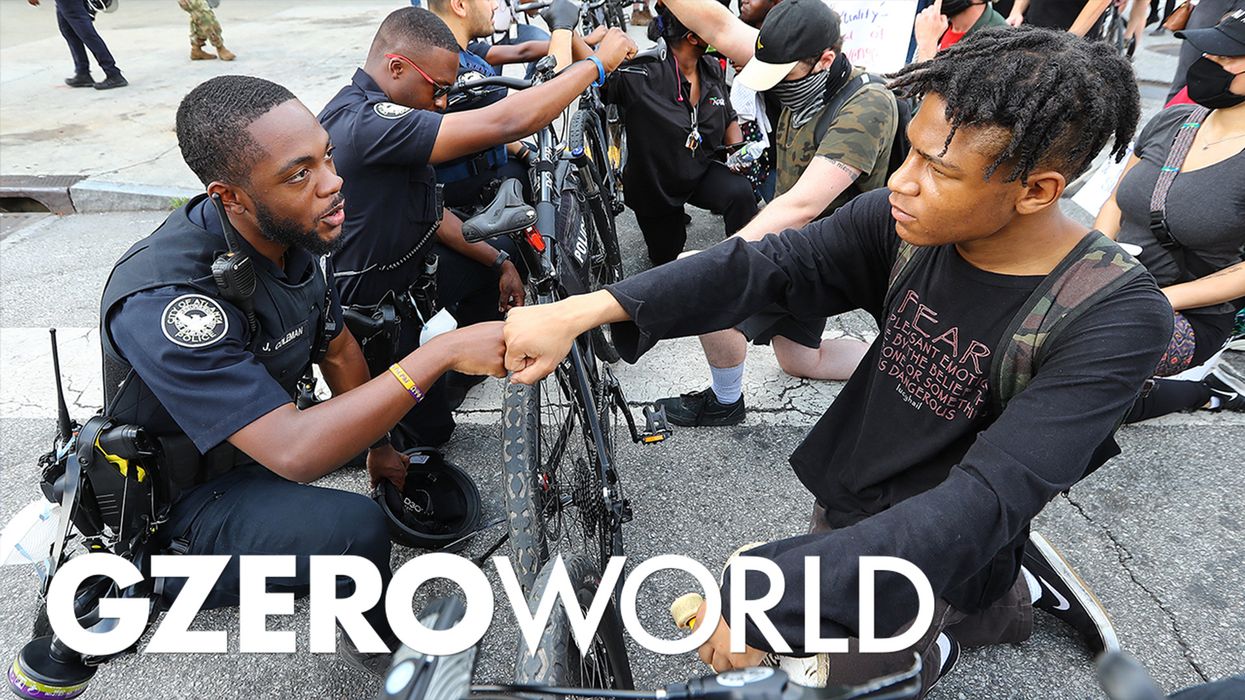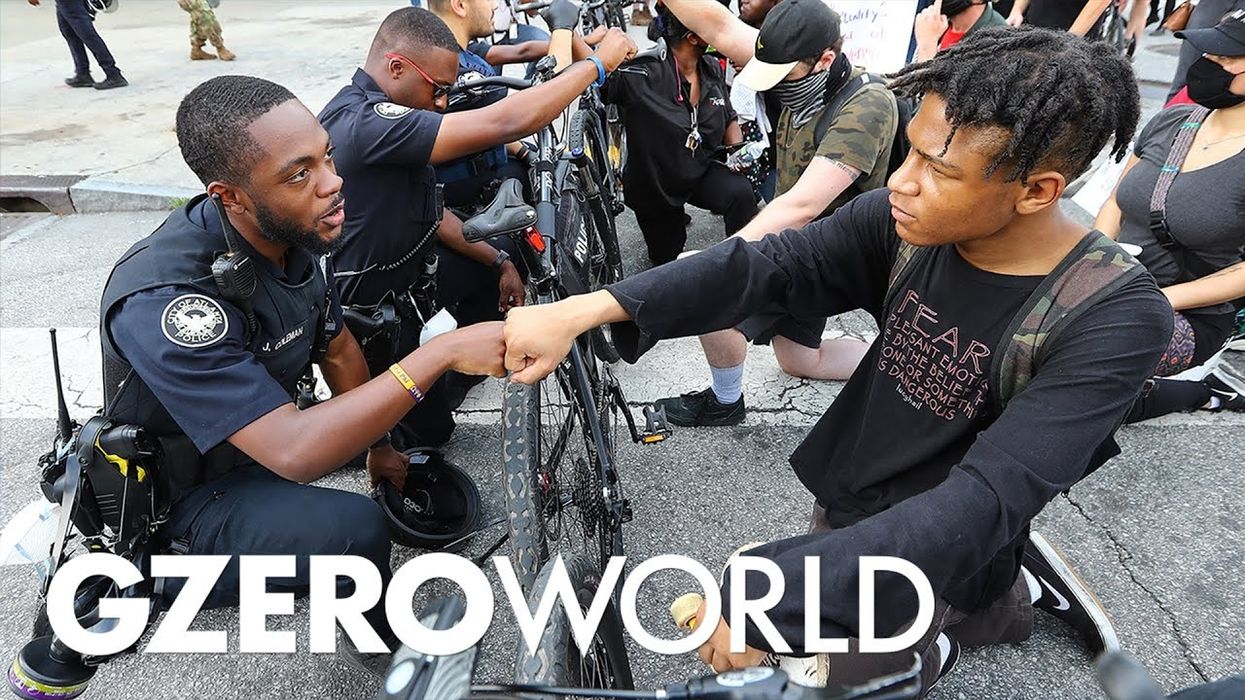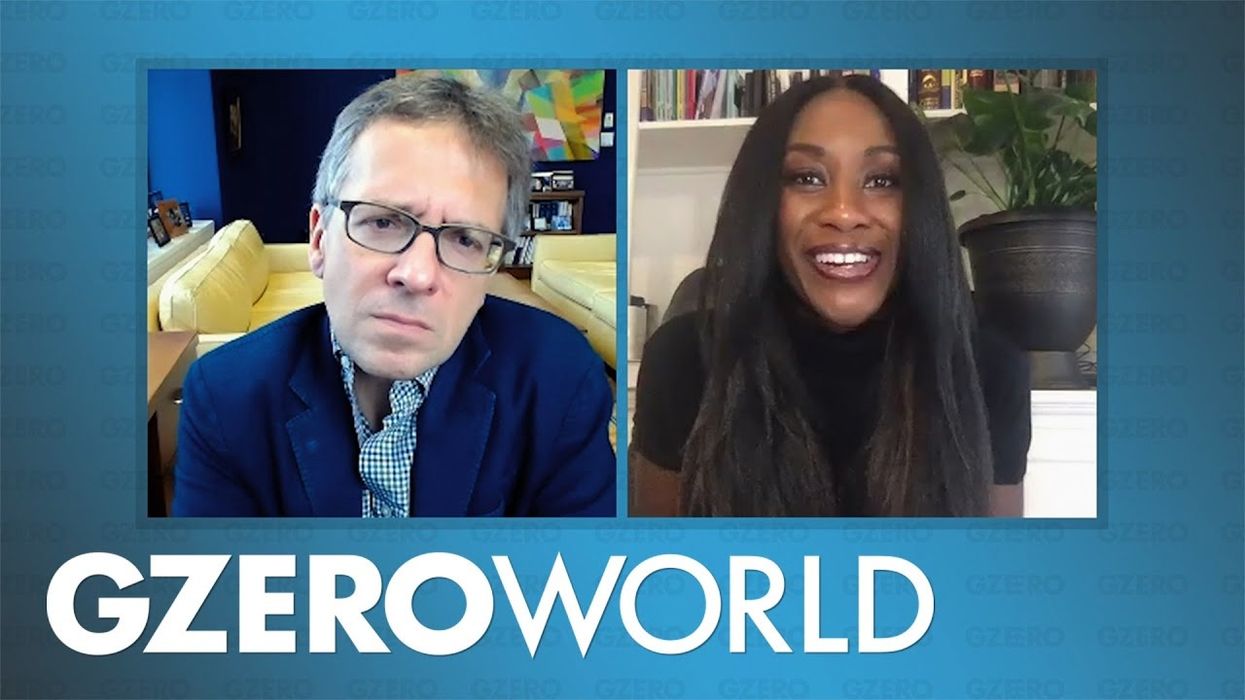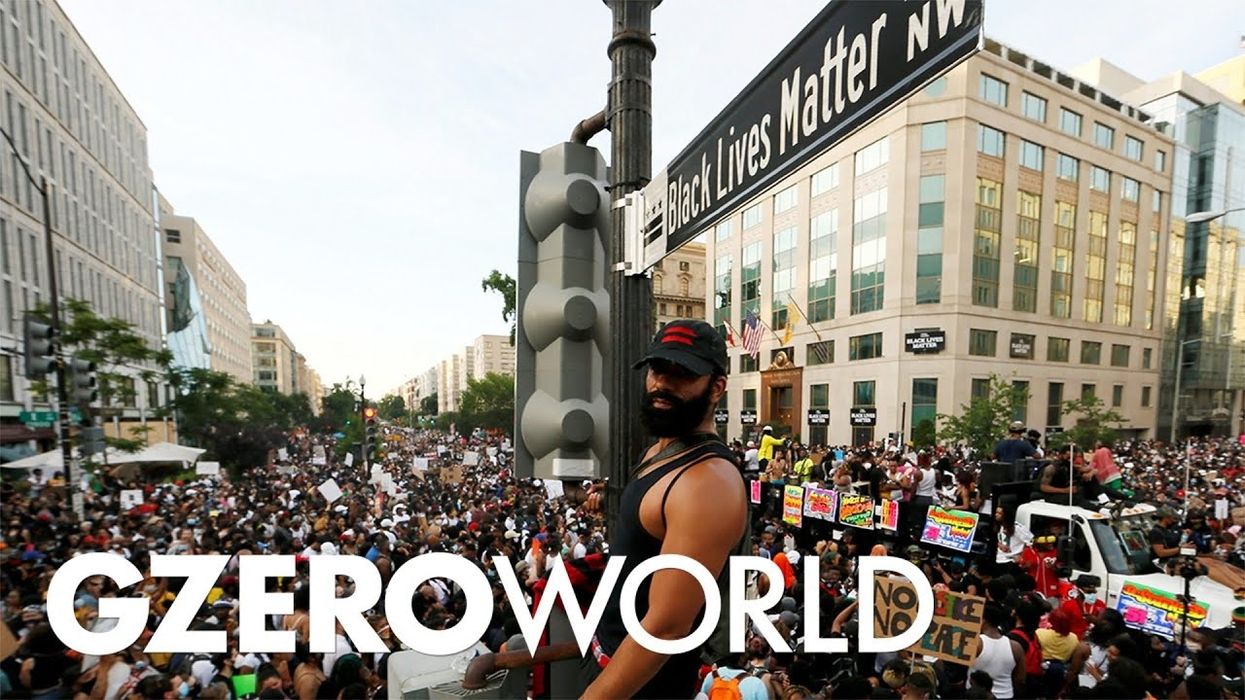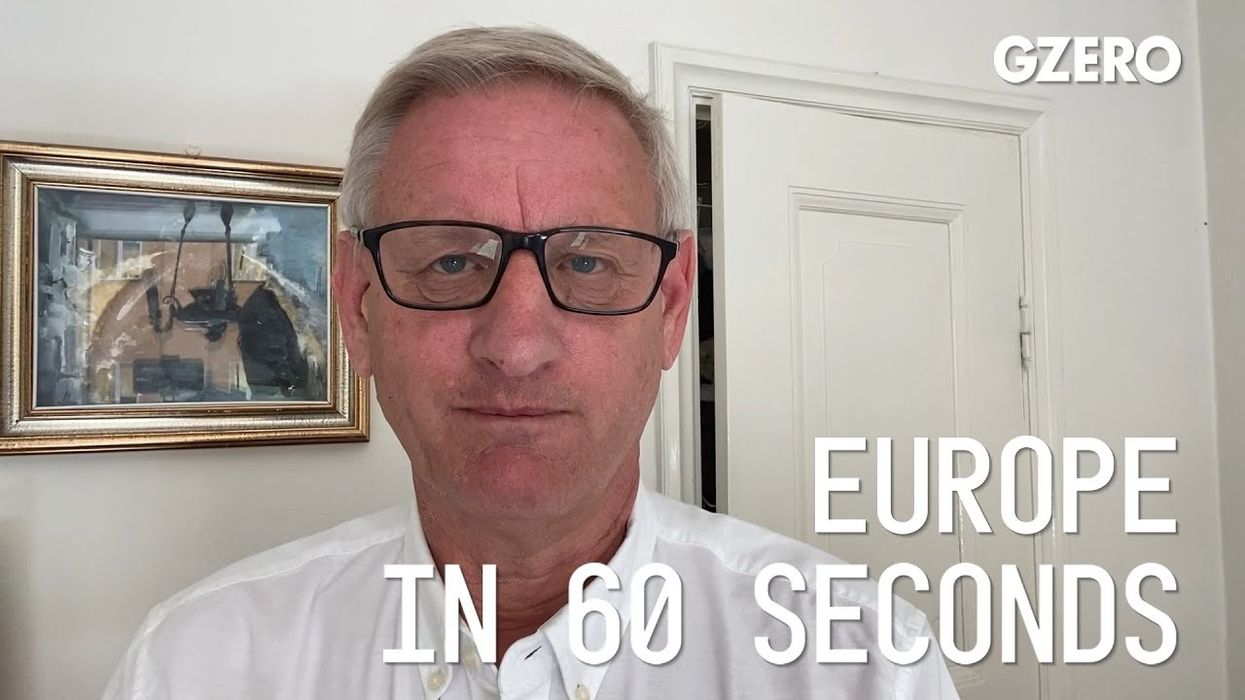Analysis
Eric Garner’s ‘I Can’t Breathe’ and its echo through time
Tomorrow marks 10 years since the tragic death of Eric Garner at the hands of police violence. His death sparked mass protests in New York City and other US cities, significantly influencing the Black Lives Matter movement.
Jul 15, 2024
